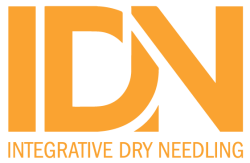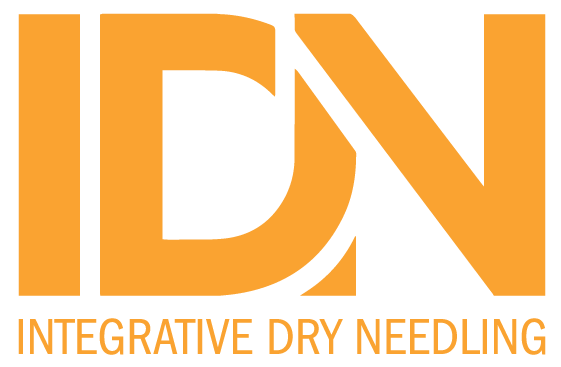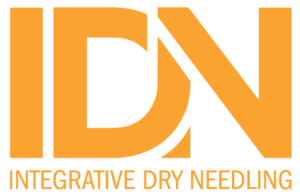Letter to the Editor Regarding “Comparing Myofascial Pain Syndrome Treatment With Dry Needling Versus Extracorporeal Shock Wave Therapy for Plantar Fasciitis on Pain and Function of the Heel”
J Foot Ankle Surg. 2024 Nov-Dec;63(6):784-785. doi: 10.1053/j.jfas.2024.07.014. NO ABSTRACT PMID:39455171 | DOI:10.1053/j.jfas.2024.07.014



